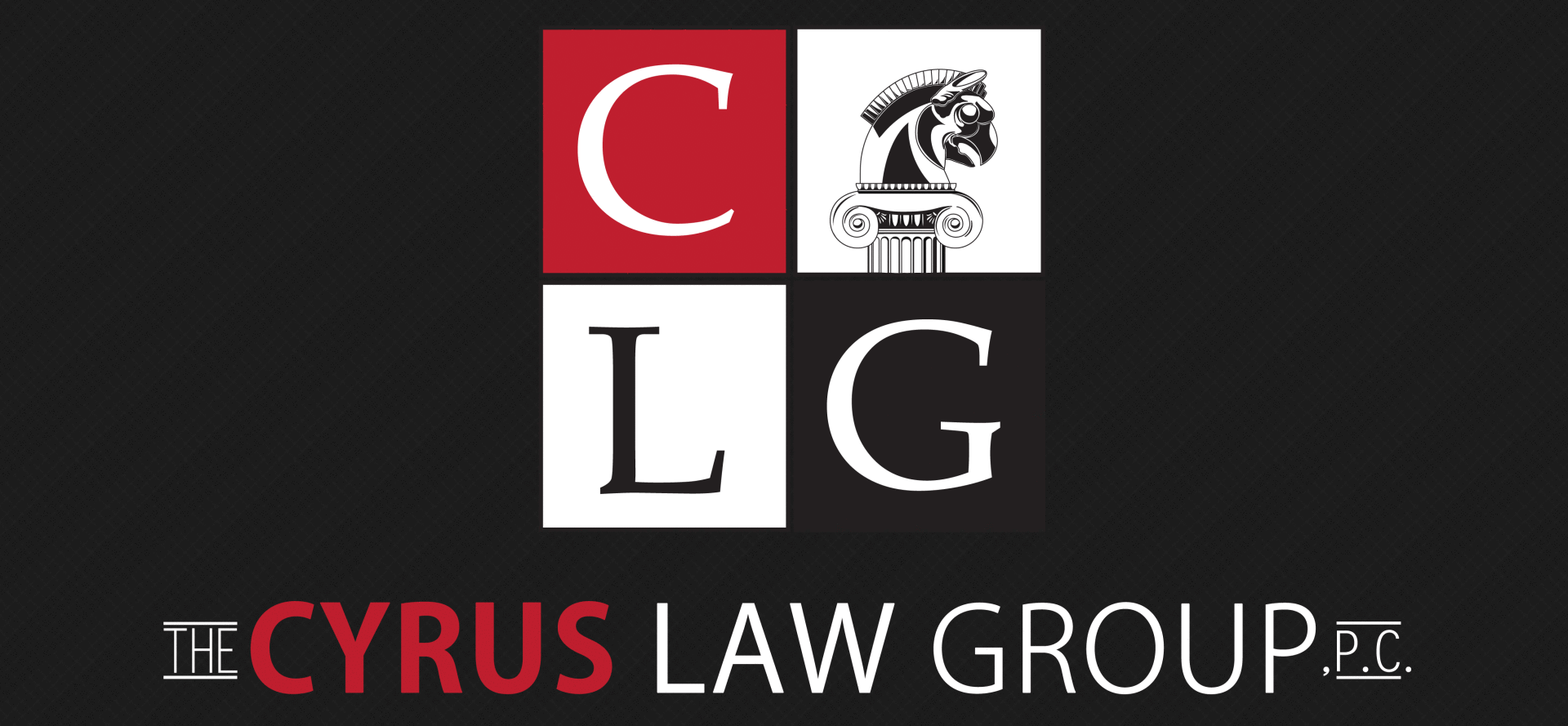Former wrestler Hulk Hogan was brought to tears by a jury verdict last week. It was a victory for him, as Hogan was the plaintiff in an invasion of privacy case against Gawker media.
The website Gawker.com published a video of Hogan sleeping with a former friend’s wife and the star sued for invasion of privacy. A Florida jury agreed completely with Hogan’s complaint that the sex tape was not news and awarded him $ 115 million. But the case isn’t over, according to The New York Times, and Gawker may still face financial review for punitive damages.
Distressing Publication
The wry news website Gawker started as a gossip source and is known for its no-holds-barred approach. In this case, the media outlet argued that it did not profit from publishing Hogan’s sex tape and that it was a legitimate journalistic move given Hogan’s own outspokenness.
The arguments did not fly with a Florida jury. The community of Hogan’s peers reportedly deliberated for 6 hours before awarding him even more than he asked for in his claim. Hogan — known as Terry Bollea in court — was awarded $ 50 million compensatory damages for harms from the publication, and $ 60 million for the resultant emotional distress.
According to The New York Times, punitive damages will be considered separately. Gawker may be made to pay even more for its publishing transgression, purely as punishment. The company will face close financial scrutiny and risks another huge financial blow. But if it’s worried, it is putting on a good show.
Keeping Cool
Gawker’s founder issued a statement saying that the jury did not hear all the facts and that Gawker was already working on an appeal to address that. He said the company is feeling positive about success on appeal and will ultimately win this case.
Whether or not that is true, some predict that the verdict here will have a chilling effect on media outlets. Few organizations can afford to pay hundreds of millions for an invasion of privacy and may thus pass up what were once considered hot scoops.
While there are those who mourn any limitations of freedom of the press, some may consider more circumspection on the part of media good news. The verdict here indicates that, even in a hyper-connected society, there are still people who believe not all information is the public’s affair and needs to be shared.
Follow FindLaw for Consumers on Facebook and Twitter (@FindLawConsumer).
Related Resources:
- Bubba the Love Sponge Liable for Hulk Hogan Sex Tape? (FindLaw’s Celebrity Justice)
- Hulk Hogan, Bubba the Love Sponge Settle Sex-Tape Case (FindLaw’s Celebrity Justice)
- Hulk Hogan Sues Spine Clinic for Alleged Malpractice (FindLaw’s Celebrity Justice)
- Hulk Hogan Sues Ex-Wife for Defamation Over Brutus Beefcake Claims (FindLaw’s Celebrity Justice)
